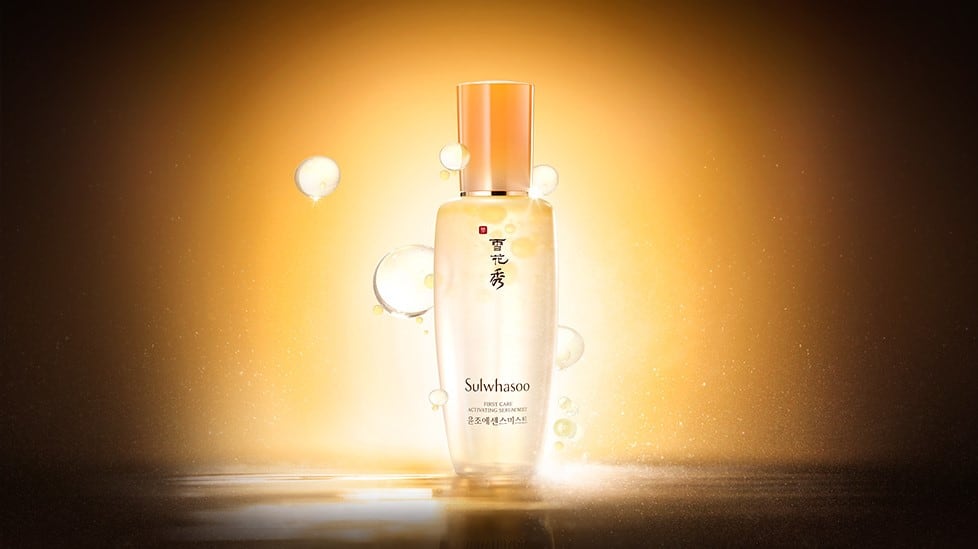Almost 20,000 women have been affected by defective Kanebo whitening products sold between 2008 and 2013.
The products caused a condition known as leukoderma — a loss of skin pigmentation. Those affected noticed vitiligo-like effects, with white spots or blotches appearing on their skin.
A costly scandal
The plaintiffs’ lawyer did not disclose the settlement amount reached at the Osaka District Court but said the women would be paid according to the severity of their condition.
The victims had initially sought a total of ¥805m ($7.2m) in damages. Of the 44 women, 31 have been seeking a settlement from Kanebo since April 2015.
In 2017, 17 of these victims came forth seeking ¥370m in damages based on the product liability law. Since then, more than 18,000 have already reached settlements through a series of lawsuits filed across Japan.
According to Kanebo, almost 12,000 have nearly or fully recovered from the condition.
Questionable compound
Rhododenol (4HPB), the skin-lightening chemical linked to the skin discolouration, was developed by the brand itself. It is said to lighten skin by interfering with its development of melanin.
The blunder caused Kanebo, a subsidiary of Kao Group, to recall 6.15m products from its shelves domestically and abroad in July 2013, for which they were criticised for not doing so earlier.
After the scandal broke, experts from the pharmaceutical, food, and cosmetics industries have spoken out against Kanebo’s use of the synthetic ingredient, questioning the company’s ethics in doing so.
This prompted its company president, Masumi Natsusaka, to make a sombre public apology as well as pledge to take responsibility and overhaul safety standards within the company.
In atonement, Natsusaka, along with the company’s chairman, took a 50% pay cut for six months in 2013.
Despite this, Kanebo successfully launched the premium KANEBO brand in 2016 domestically and around the region. A year later they expanded the luxury line to Europe.
Whitening products power on
Skin-whitening or skin-lightening products are popular in many parts of Asia, where fair skin is considered the hallmark of beauty.
Despite the Kanebo lawsuits, the demand for skin-lightening products remain very popular. According to a report from Global Industry Analysts, the skin-lightening market is expected to be worth $23bn by 2020.
Skin-lightening is defined as using natural or synthetic products to lighten or even out skin complexion by reducing the melanin content within the skin.


